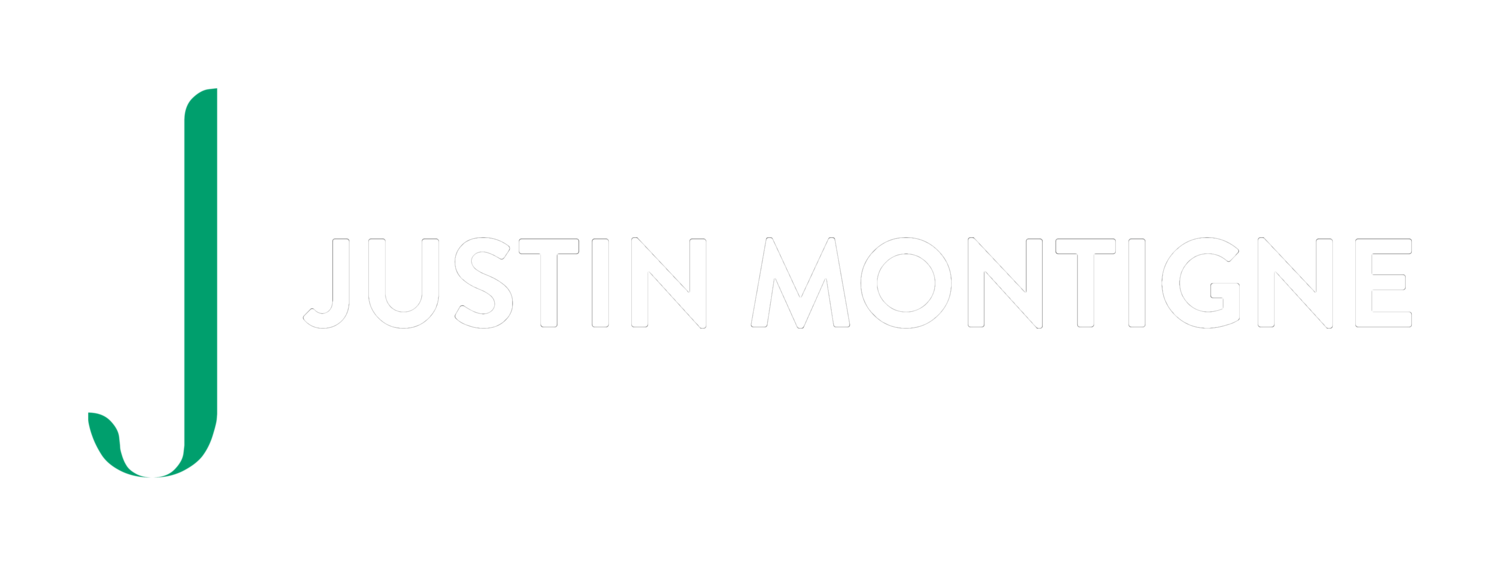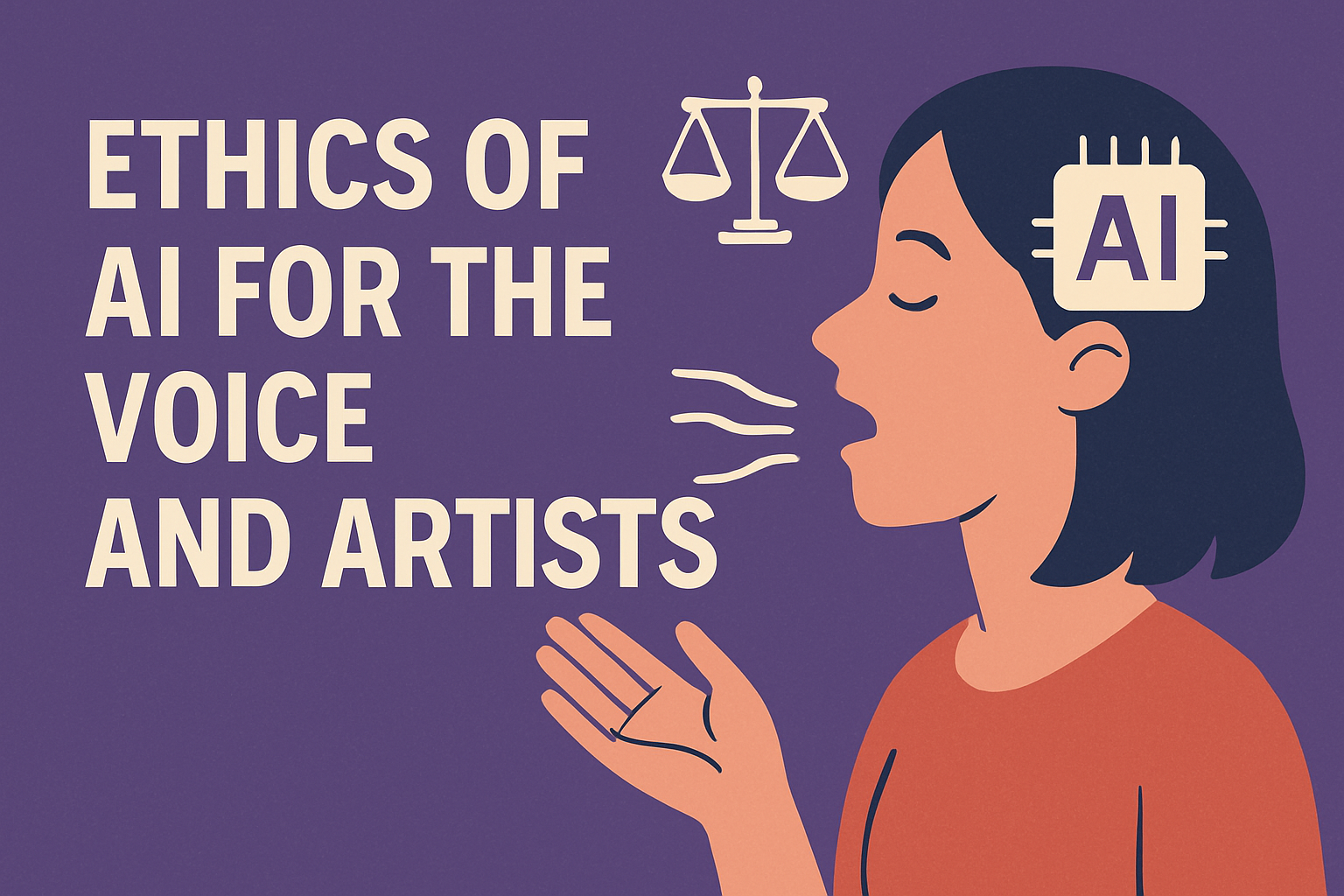Who is this for? Singers, educators, and creators navigating the artistic, professional, and ethical questions raised by AI in music.
What will I learn? How to think critically about authorship, consent, credit, and responsibility when using AI tools in vocal work—and how to approach these issues with clarity and integrity.
Accessibility and Equity
Empower underrepresented artists with accessible tools
Automation can create more equitable music production environments
Voice synthesis enables non-verbal individuals to express ideas
Creative Integrity and Dependence
Risk of formulaic output from overreliance on AI
Potential decline in deep creative engagement
Competitive saturation may reduce visibility of unique voices
Ownership, Copyright & Compensation
Address legal and ethical concerns around AI-generated content
Questions of authorship in AI-assisted works
Ensure fair credit and compensation for human artists
Mixed responses from software companies about training and compensation
Cultural & Artistic Concerns
AI may devalue handcrafted music and live voices
Need to balance innovation with tradition
Encourage hybrid models that blend human creativity with AI assistance
Unethical Example:
A student uses AI to mimic a famous singer's tone and claims it as original.Ethical Alternative:
A student creates background harmonies using AI and credits the tool in program notes.



